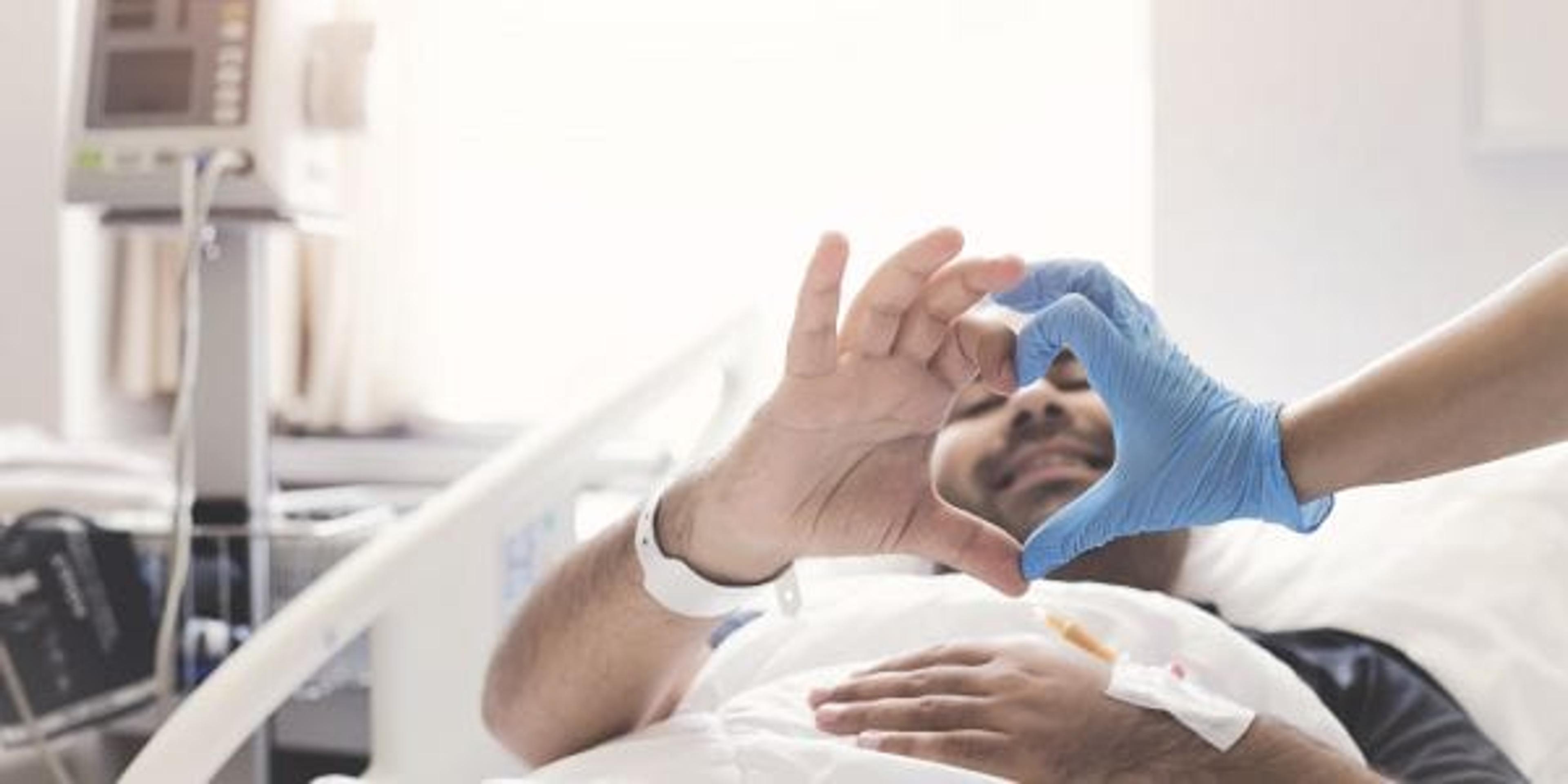Have You Registered to Become a Donor Yet?
| 2 min read

According to Gift of Life Michigan, about 3,000 Michiganders are waiting and hoping for a life-saving organ transplant. That doesn’t include the thousands of others who’d find relief from pain or gain the ability to see through a tissue donation. Throughout the country, nearly 114,000 people are in need an organ transplant.
While the number is staggering, signing up to help couldn’t be easier.
While you’re still alive, you can give blood (find a local drive here) and register to donate bone marrow. You can also donate organs like your kidney or part of your liver. Those types of donations are pretty involved, so make sure you understand the expectations before, during, and after the procedure.
It’s also important to think about potential organ donation after you die. By doing so, you could save and improve the lives of up to 50 people. A single person can donate their heart, kidneys, pancreas, lungs, liver, intestines, cornea, skin, heart valves, bone, blood vessels and connective tissue.
To start the process you have to register (if you’re under 18, you need a parent or guardian’s consent). There’s an easy-to-follow form that can be accessed here. Even people who have had previous medical conditions can donate – don’t just assume you aren’t a good candidate.
In addition to registering, make sure that your donor status is noted on your driver’s license. (MI licenses flag it with a red heart.) Also, talk to your family about your decision. If the situation arises, they’ll be your best advocates and may be asked to sign a final consent form at the time of donation.
Like this post? Check these out:
Photo credit: isayildiz





